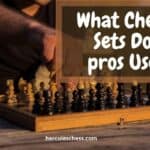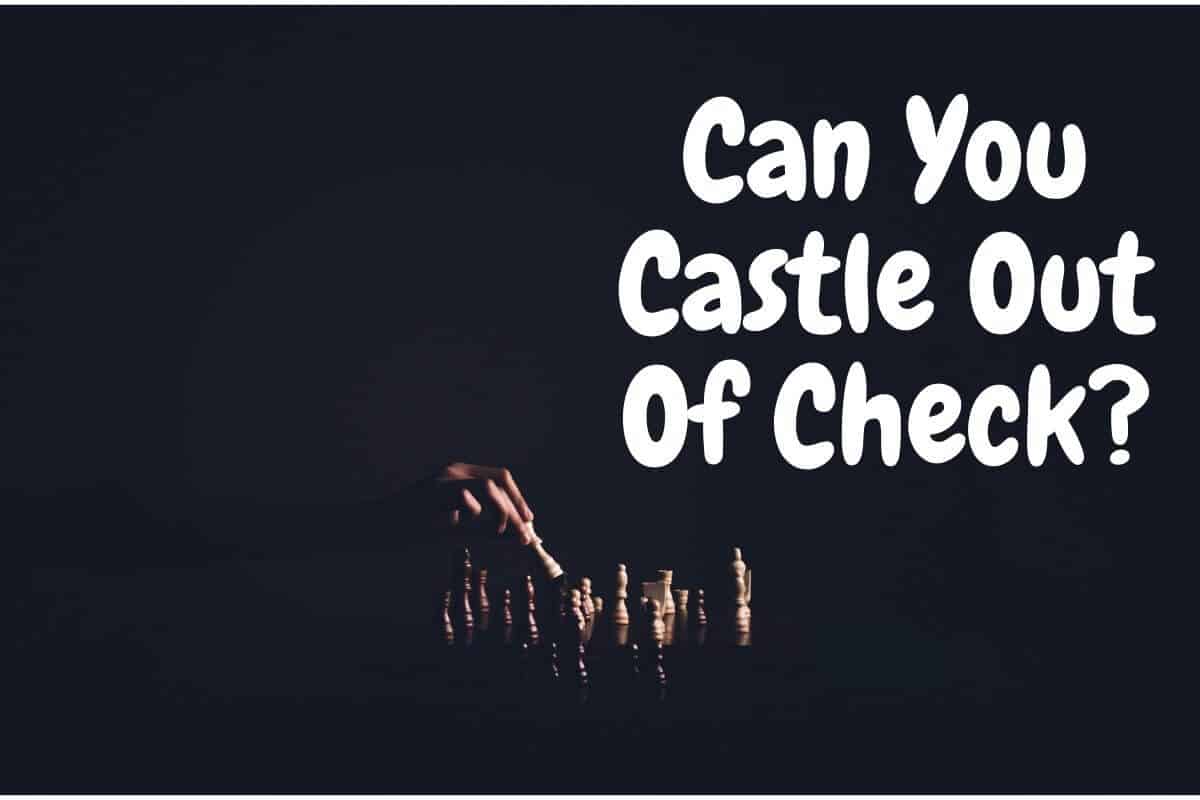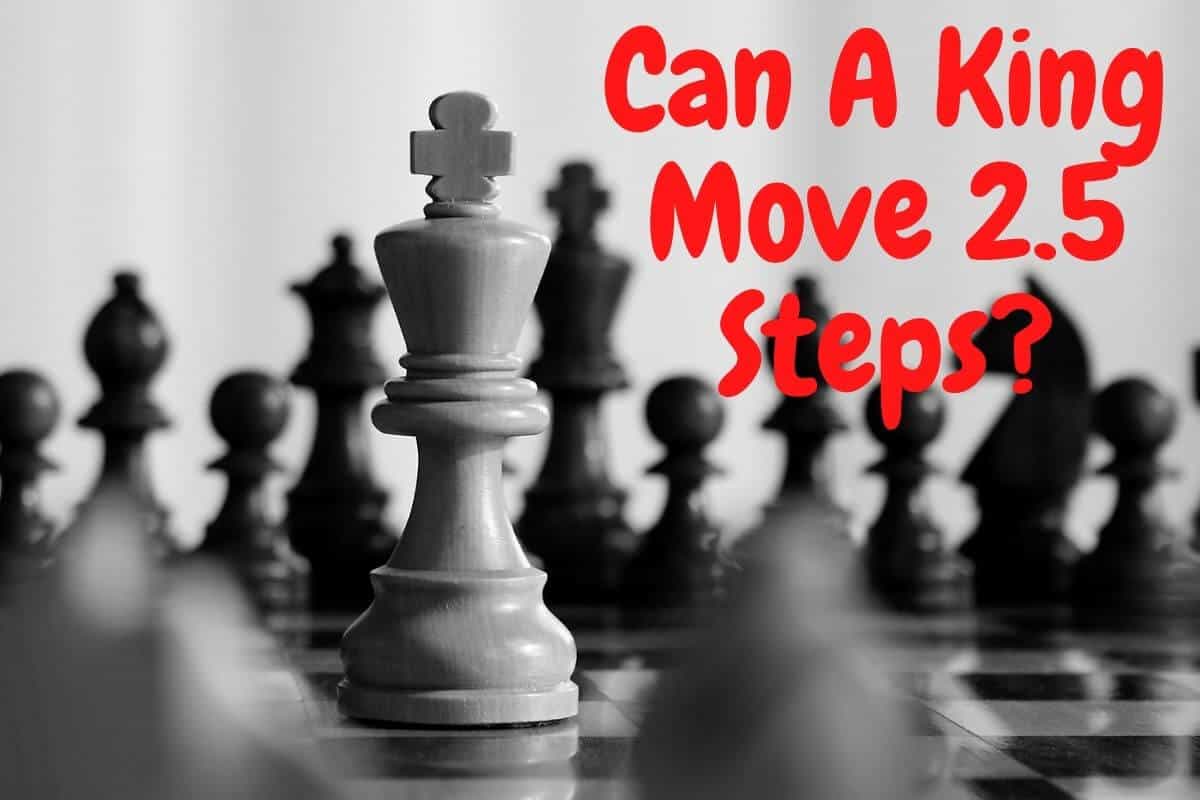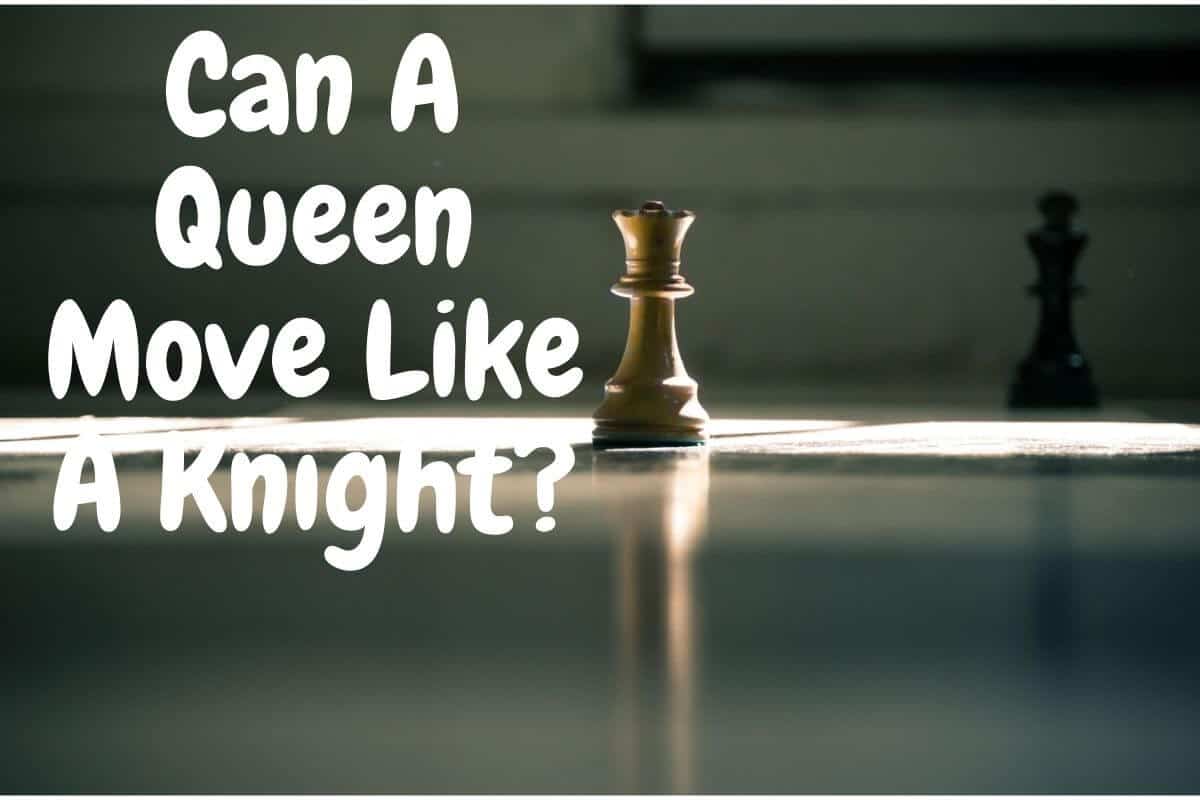It has often been said that people are their own worst enemies. The saying is particularly applicable to chess players. We can memorize all the openings; we can study the middlegame and master thousands of different positions; we can become endgame experts. But even with experience and significant accomplishments under our belts, we can still be influenced by Psychological factors that inhibit the way we play. Let’s look at the two biggest mental pitfalls:
- Stress
- Lack of confidence
Stress

Stress is the bane of the serious chess player. A game of tournament chess lasts several hours. If money or ego is on the line, the situation can become very stressful. As stress builds, thinking becomes clouded and nerves start to fray. Some people short-circuit altogether, making blunders they would never make under more casual circumstances.
Obviously chess players must learn to keep calm. Deep breathing is a good method. Grandmaster Svetozar Gligoric used to eat chocolate throughout his games, following the advice of legendary World Champion Alexndar Alekhine:
“ A brain without sugar is not a brain”
To avoid becoming a sugar addict (not to mention obese), Fischer drank apple and orange juice throughout his games. Though juice has a high sugar content, it seems more healthy than pounds of chocolate.
Lack Of Confidence

A chess player’s confidence is only as solid as his last victory, and loss can transform him into an insecure wimp. If more losses follow, he becomes even more unsure of himself, creating a crisis of confidence that is hard to snap out of.
Only you can prevent this crisis from developing. If you lose, consider what you have learned from the experience and keep on playing. Apply all the information you’ve learned about chess and sooner or later you will start turning the tables, winning as many games as you lose.
Be prepared to lose and to win. In mastering anything, you are bound to have setbacks. Learn from your losses.
It’s amazing what lack of confidence and the fear that comes with it can do. Suppose for example that a fairly low rated player (White) is playing a well-known master (Black).
White has a defeatist attitude from the beginning, and his thinking all along is “I don’t even need to analyse this move. If such a strong player makes this threat, then I know it must be good.” Of course, Black wins the game without much difficulty.
Now suppose that White is playing a complete beginner or someone with a lower rating than himself. White looks long and hard for a way to win. Faced with exactly the same positions as in the first scenario, his thinking now goes like this: “I really want to beat this guy. If I take on d7, I threaten a Back rank mate. If he then plays 1…Qxg2+, I just step aside. He will soon run out of checks and I will win.” Notice the change in attitude?
Don’t change your approach to the game out of fear! Play aggressively to win against anyone, even the World Champion.






